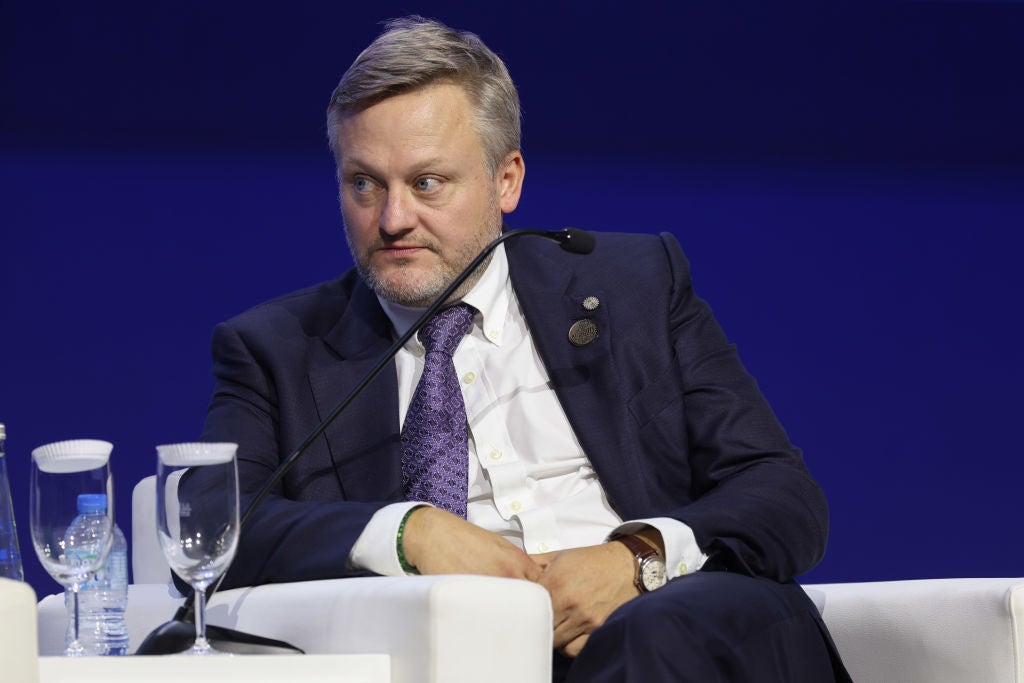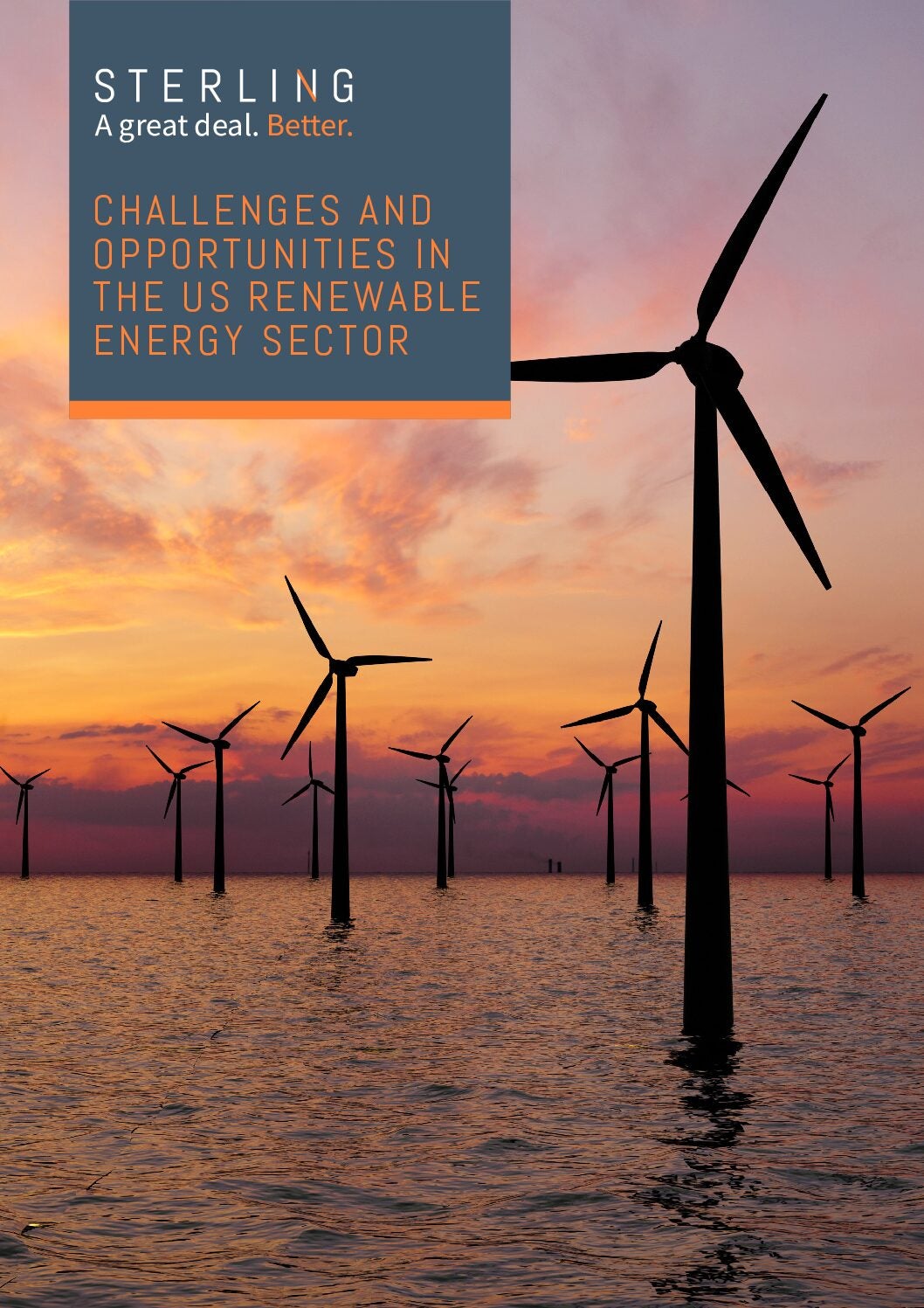
BP’s CEO Murray Auchincloss has reportedly initiated a hiring freeze and suspended offshore wind projects, according to sources at the company, as he places focus on oil and gas to boost revenues.
He is looking to halt large, fixed capital investments in offshore wind as they are not expected to deliver returns for years.

US Tariffs are shifting - will you react or anticipate?
Don’t let policy changes catch you off guard. Stay proactive with real-time data and expert analysis.
By GlobalDataAuchincloss, who became bp head at the start of the year, appears to be bowing to shareholder discontent over the returns available on non-hydrocarbon production and the switch to green energy.
A spokesperson told a UK-based news provider that bp is still committed to becoming an integrated energy company.
However, the change in emphasis will help bp become a better focused organisation. The decision marks a stark change in direction for the British energy giant, which looked to pivot to renewables under its previous CEO, Bernard Looney.
BP’s move into green energy, although welcomed by a large proportion of shareholders, has pulled down the value of shares over recent months. They are currently valued at 475 pence on the London Stock Exchange, having hit 567 pence in February 2023. Shares were as low as 364 pence in July 2022.
However, profits related to oil and gas have soared over recent years, thanks in part to Russia’s invasion of Ukraine and the continuing recovery from the global pandemic.
In February this year, bp reported its second-highest annual profit in a decade, despite it halving from the previous year.
Its net profit in 2023 showed a steep decline to $13.8bn from the previous year’s $27.7bn. The company also announced a $1.5bn share buyback programme. Auchincloss will now prioritise the acquisition of new oil and gas assets, with a focus on the Gulf of Mexico and US onshore shale basins, especially where bp has existing operations, company sources told Reuters, with multiple other UK news outlets also reporting the move.
They added that bp will also invest in biofuels and low-carbon businesses that can generate cash quickly. Earlier this week, it purchased Bunge, a biofuels producer in Brazil, out of a joint venture for $1.4bn (£1.11bn).
BP’s acquisition is expected to meet the company’s bioenergy return threshold of over 15% and fits within its financial framework, including capital expenditure targets of around $16bn for both 2024 and 2025.
Earlier this month, John Browne, the former head of bp, backed a Labour Party pledge to end North Sea oil and gas exploration, saying that plans for the region and the “energy transition” would be important issues at the next election.
Browne said the next government should “call a halt” to new North Sea oil and gas projects. Making such a move, he claimed, would help “reinforce our intention to get to net zero and show timely leadership”.
The UK Government is aiming to reduce all direct emissions from public sector buildings by 50% and 75% by 2032 and 2037, respectively, with all UK emissions reaching net zero by 2050.
BP’s website still claims the company will have developed 50GW of renewable generating capacity to final investment decision by 2030.
“We are building a diversified renewable portfolio, including a global position in offshore wind,” it added.
In a statement seen by Reuters, BP said it introduced six priorities “to deliver as a simpler, more focused and higher value company”, which will usher in “the next wave of efficiencies and BP’s growth projects”.
“The actions we are taking are part of delivering this, and of course are all in service of our aim of growing the value of BP,” it said.







